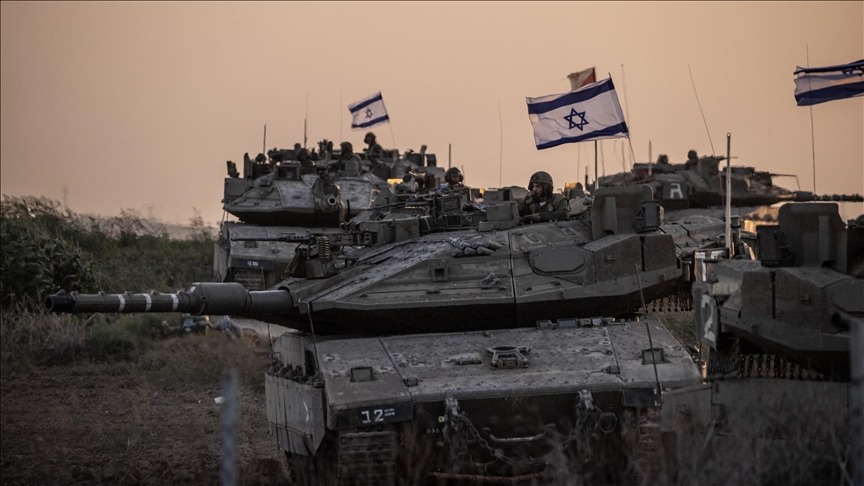In a troubling reflection of ongoing conflict complexities, reports have emerged of an Israeli tank that mistakenly fired upon its own troops, who were reportedly dressed as aid workers during a military exercise. This incident underscores the growing concerns around military engagement rules and the high risk to non-combatants in areas of intense conflict.
Recent real-world events have indeed seen disturbing incidents where aid workers have become casualties. For instance, an attack on a prominent aid facility resulted in significant loss of life among humanitarian personnel, highlighting the dangers faced by those attempting to provide relief in war-torn regions. Such tragic outcomes force aid organizations to reassess their presence in these high-risk zones, potentially exacerbating the humanitarian crises they aim to mitigate.
The incident of friendly fire, reported as one of the worst in terms of Israeli military casualties in recent times, ironically coincides with higher casualty rates previously reported among humanitarian workers than soldiers. This includes the devastating attack on the World Food Kitchen, which had a greater death toll than the mentioned military misfire and led several aid agencies to withdraw from the region, thereby intensifying the local famine crisis.
These developments raise serious questions about the operational tactics used in such regions, where the distinction between combatant and non-combatant can often blur, leading to tragic mistakes. It also casts a spotlight on internal criticisms within the Israeli Defense Forces (IDF), where whistleblowers have pointed to flawed practices that endanger not only the perceived adversary but also their own forces and civilians they aim to protect.
This scenario compels a broader discourse on the need for stringent protective measures for non-combatants and the assurance that humanitarian missions can continue without hindrance. The hope is that such reflective discussions will lead to improved strategies that prioritize human life and uphold the moral responsibilities of armed engagement.
Extended analysis and growing global attention further highlight the crucial need for revising military protocols, ensuring rigorous training in recognizing non-combatant roles, and establishing more robust communication systems to mitigate the risk of similar tragedies. The conversation must also include the implications for international relations and the legal repercussions for breaches of international humanitarian law, thus ensuring a more disciplined and ethically accountable military conduct.

